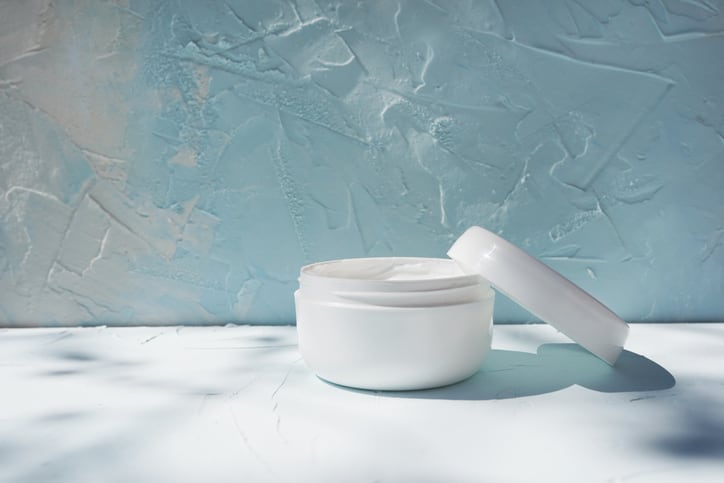The market surveillance study, conducted by the EDQM's European Network of Official Cosmetics Control Laboratories (OCCLs), tested 932 samples of cosmetic products between 2018 and 2020 including perfumes, deodorants and skin, hair and lip care items for the presence of 24 allergenic fragrance compounds. Of the total items sampled, 544 were marketed as ‘perfume-free’.
Cosmetic items were collected in eight countries at various stages of the distribution chain, including customs, retail, online and directly from manufacturers.
Non-compliance on allergenic fragrance labelling
Findings showed “some cosmetic products sold throughout Europe still contain excessive levels of allergy-inducing fragrances”.
The study found 7.7% of samples were non-compliant with legislative requirements due to a missing or false declaration of allergenic fragrance compounds. Moreover, 3.1% of products marketed as ‘perfume-free’ contained fragrance compounds.
Most of the products sampled (85%) had been manufactured in Europe, though overall 34 different countries of production were identified.
“Ensuring compliance of cosmetic products is key to avoiding potential health risks. The problems revealed by this study demonstrate the continuing need for close co-operation between Official Cosmetics Control Laboratories, in the interest of public health in Europe,” said Susanne Keitel, director of the EDQM/Council of Europe.
Perfume products ‘least compliant’; a handful of compounds most problematic
The study found that perfumes were the “least compliant with legislative requirements”, finding 41% of tested samples contained allergenic compounds.
It also showed that “the most common problems” related to allergenic fragrances found in the study were due to the presence of linalool, benzyl alcohol and limonene – ingredients that, by law, had to be listed on labels when present above a certain threshold, under the Cosmetics Regulation (EC) No. 1223/2009.
“The presence of fragrance compounds in skin care products and other cosmetics, combined with false claims by manufacturers who market their products as ‘perfume-free’, presents a danger to consumer health and safety
“Fragrance compounds may cause serious allergic reactions; in response, consumers may opt for ‘perfume-free’ products, relying entirely on manufacturers’ marketing and labelling claims. Allergenic fragrance compounds are among the main causes for skin sensitisation and correct labelling is a prerequisite for preventing allergic reactions,” the EDQM/Council of Europe said.
Other non-compliant issues identified – misleading claims, preservative problems
Beyond fragrances, the market surveillance study also identified a raft of other non-compliance issues. A total of 12.7% of the samples were non-compliant for reasons like incorrect labelling or misleading claims. Other problems related to preservatives not in accordance with the Cosmetics Regulation, high cadmium content, and the presence of mineral-oil compounds in lip care products.
Two samples from the study had to be classified as unsafe products: a body lotion containing the prohibited substance iodopropynyl butylcarbamate (IBPC) and a skin care product sold online which was found to present microbiological contamination.




